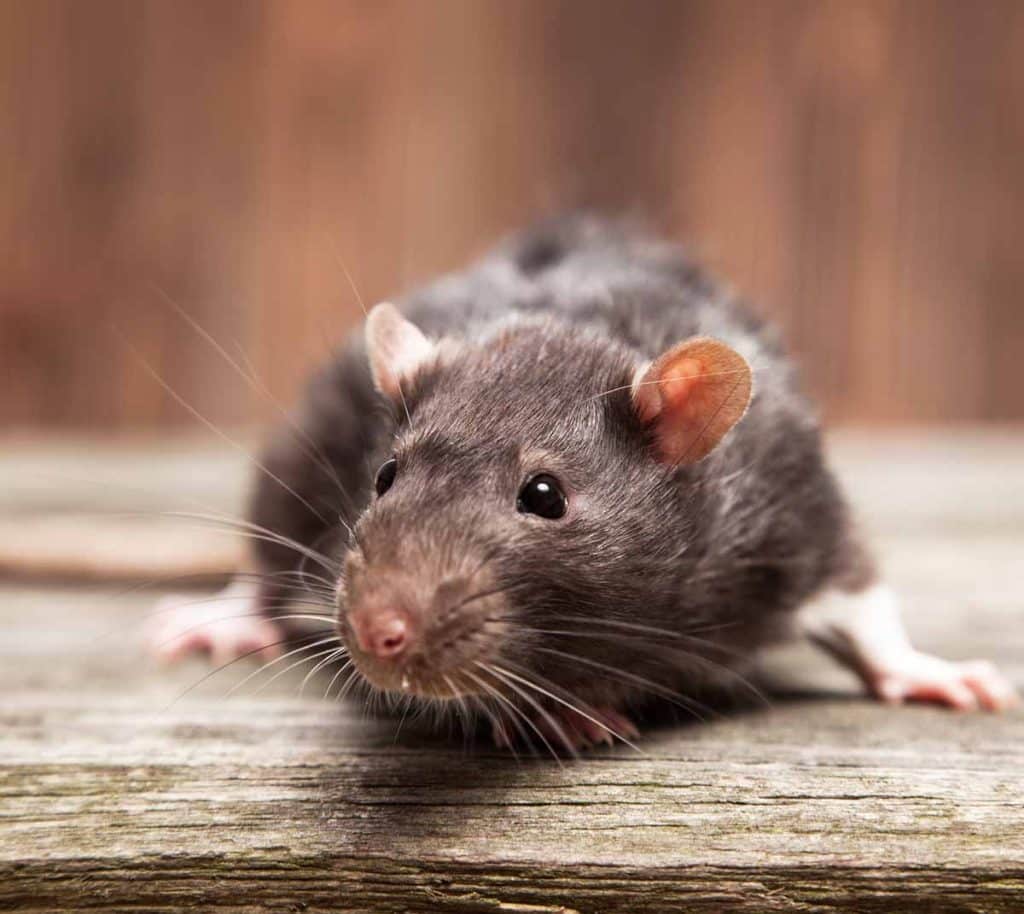Scurrying, squeaking, or scratching sounds in your walls? Piles of droppings in your garage or attic? Gnaw marks on food packages or containers? These are all tell-tale signs of rats in your walls.
Rats are unwelcome guests that can cause significant damage and pose health risks to homeowners. One of the most common places these rodents choose to hide is within the walls of our homes. Identifying the signs of a rat infestation early on is crucial for taking quick action and preventing further damage.

7 Signs You Have Rats in Your Walls
Recognizing the signs of a rat infestation within your walls is crucial for protecting your home and family from potential damage and health risks. If you identify any of the mentioned signs, you must take immediate action by contacting professional pest control services.
- Scratching Noises: One of the most apparent signs of rats in your walls is scratching or scurrying. Rats are active creatures, especially at night, and as they navigate through the wall cavities, you may hear them scratching or clawing at surfaces. Listen to these noises, particularly in the late evening or early morning when the house is quieter.
- Gnawing Marks: Rats must constantly chew on objects to keep their teeth trimmed. If you notice small gnaw marks on baseboards, wooden beams, or electrical wires, it strongly indicates that rats are present. Their constant chewing can lead to structural damage and even pose a fire hazard if electrical wiring is compromised.
- Foul Odors: Rats leave behind a distinct, unpleasant odor. If you detect a musky, ammonia-like smell in specific areas of your home, particularly near walls, there’s a high chance that rats have made themselves comfortable. This odor results from their urine, droppings, and the pheromones they release to mark their territory.
- Droppings: Rat droppings are a clear sign of an infestation. They are typically small, dark, and pellet-shaped, resembling rice grains. Check areas along walls, especially hidden corners or behind furniture, for these droppings. Finding a significant number of droppings indicates a larger rat population.
- Grease Marks: As rats move along walls, they leave behind greasy smudges or rub marks caused by their oily fur. These marks are often seen as dark smudges along pathways or near entry points, such as holes or gaps in the walls. If you notice these marks, it means rats are actively using those areas.
- Nests and Shredded Materials: Rats create nests in hidden spaces, including within wall voids. It could be evidence of rat activity if you find shredded paper, fabric, insulation, or other soft materials in your walls or secluded corners of your home. Rats use these materials to construct their nests, providing warmth and comfort.
- Footprints and Tracks: Rarely seen but worth investigating, footprints and tracks can offer visual confirmation of rats in your walls. Dusty surfaces near rat pathways might reveal their footprints as small tracks with four toes on the front and five on the hind feet.
Contact Titan Pest & Wildlife
At Titan Pest & Wildlife, we will assess the situation, provide effective eradication methods, and offer advice on securing your home to prevent future rat infestations. Early detection and intervention can save you from costly repairs and ensure a safe, rat-free living environment.

